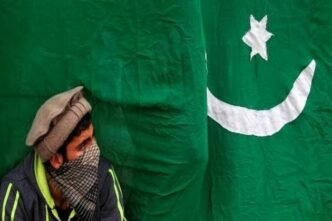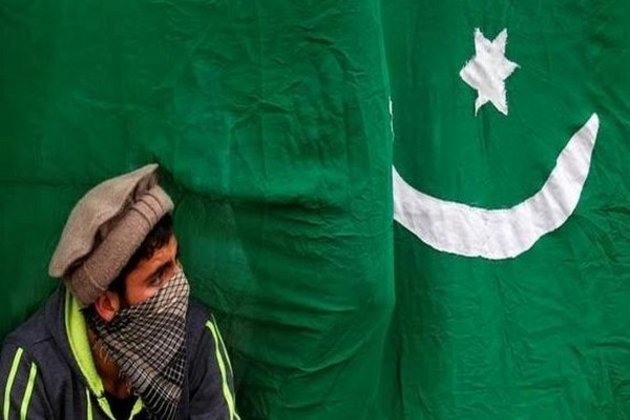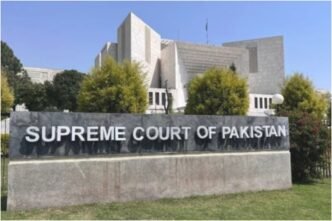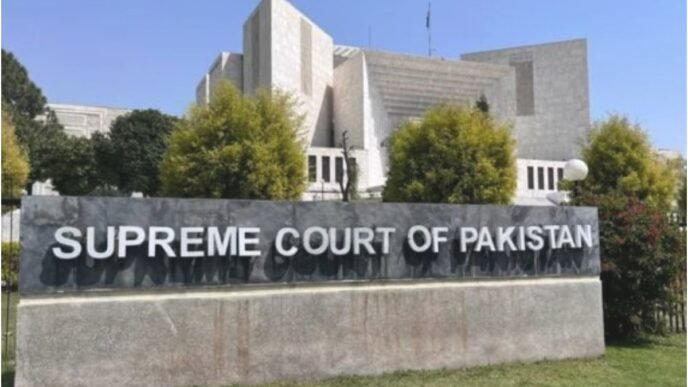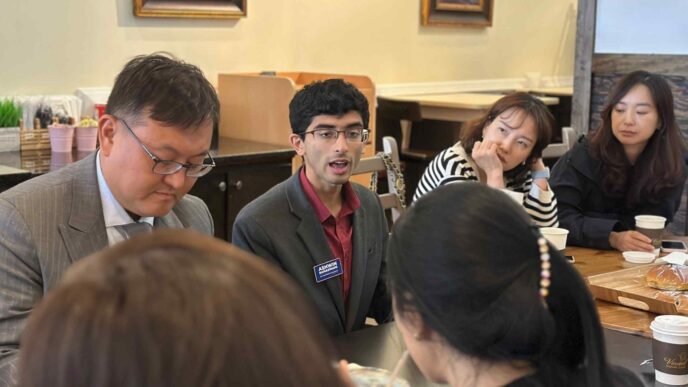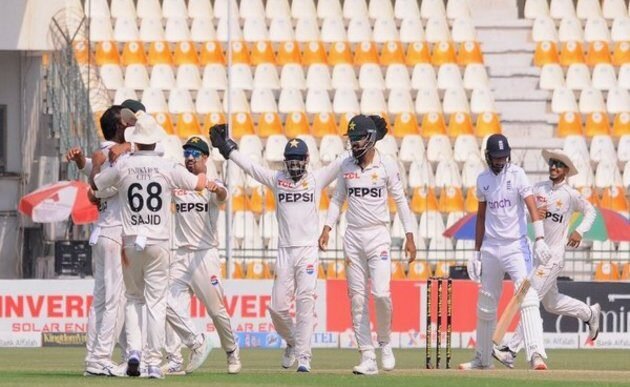Lahore [Pakistan], October 18 (ANI): The UN Human Rights Committee, also known as the Committee on Civil and Political Rights (CCPR), has expressed concerns about human rights violations in Pakistan, Dawn reported.
Their inquiries focus on issues arising from recent protests, anti-terrorism policies, accountability laws, widespread enforced disappearances, the right to life amid climate change, death penalty practices, and violations of women’s rights, as per Dawn.
The issue of human rights abuses was addressed during the review of the International Covenant on Civil and Political Rights (ICCPR) at the UN Human Rights Committee meeting in Geneva on Thursday, as reported by Dawn.
Pakistan ratified the ICCPR in 2010, with its first review occurring in 2017. The current review began on its first day, led by Punjab Assembly Speaker Malik Muhammad Ahmed Khan, who headed the Pakistani delegation. The Justice Project Pakistan facilitated a live screening of the review meeting at Annemarie-Schimmel Haus.
The UN Rights Committee noted that the number of enforced disappearances in Pakistan has remained alarmingly high since 2017. A committee member cited the Working Group on Involunt Disappearances, which reported the highest number of cases over the past five years, as per Dawn.
The report further stated that enforced disappearances are prevalent across the country and are often part of the state’s anti-terrorism strategy, potentially used to suppress minorities. This issue affects various groups, including political opponents, their families, journalists, students, and human rights defenders, with a particular impact on the Ahmadi and Pashtun communities. The member highlighted that there have been 7,000 cases of enforced disappearances from 2004 to 2024.
According to Dawn, questions were raised over the clampdown on recent protests, excessive use of force, the National Accountability Bureau (NAB), climate change, and women’s rights. Short-term enforced disappearances are also reported as a means to remove individuals from legal protection, including journalist Imran Riaz Khan. These individuals often vanish and then reappear to face trials in milit courts, a committee member noted.
The committee member also mentioned Sammi Baloch. It said, “I would like to draw your attention to the worrying information that on September 24, the secret general of the NGO Voice of Baloch Missing Persons, Sammi Baloch, was not allowed to travel to Geneva.”There have been reports of extrajudicial executions occurring even in other countries, targeting separatists, political opponents, activists, and journalists, including Arshad Sharif, who was killed in 2022.
The UN body criticized the excessive use of force by police, especially against peaceful protesters, and condemned enforced disappearances and summ executions in Balochistan. It highlighted heavy-handed police actions in September and October, as well as the lack of investigations into rights violations.
According to the report, the committee noted that even the Supreme Court had questioned the effectiveness of the Commission of Inquiry on Enforced Disappearances, expressing dissatisfaction with its performance. Additionally, it pointed out that enforced disappearances have not been criminalized in Pakistan’s legal system, and a related bill has remained stalled, Dawn reported. (ANI)
